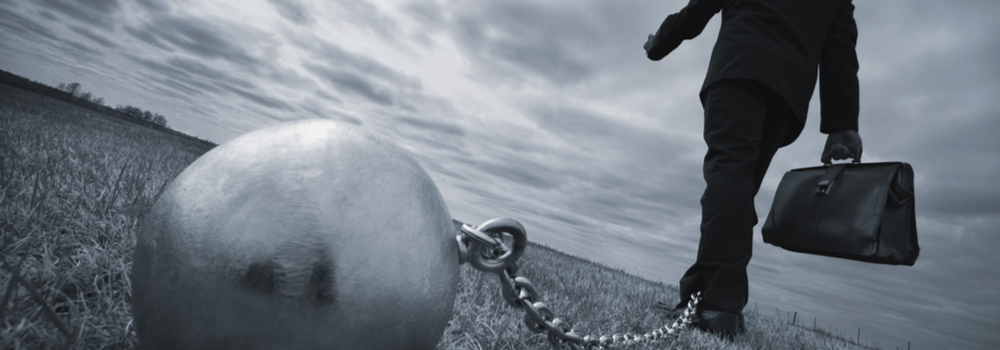Students taking a biology course at Arizona State University were the subjects of a research paper published in Advances in Physiology Education which found that the average male student thought he was smarter than most of the class, according to Big Think. Men weren’t alone in thinking they were smarter than everyone else, because attachment to the ego is not reserved for males. Though men thought they were smarter than 66 percent of their class, the average female student thought she was smarter than 54 percent of the class. These numbers were when students compared themselves to the rest of the class. Interestingly, the numbers changed when students were asked to compare themselves to individuals. Women were more likely to underestimate their intelligence whereas men were more likely to overestimate their intelligence.
Academically speaking, the researchers feel that a greater sense of “academic self-concept” leads to better class participation as well as learning more due to the fact that students feel they can create their own knowledge. The research holds an interesting metaphor for men in recovery.
Overestimating one’s intelligence or ability can be both a benefit and a threat to men’s sobriety when they enter recovery from drug and alcohol addiction. Most often, when men hit what is often called “bottom” they are deficient in self-esteem or self-worth. Many times men don’t feel deserving of recovery and see going to treatment as a weakness when compared to other men. What men don’t realize is that going to treatment is an advantage, a smarter choice, giving them a competitive edge in life. Not going to treatment, by contrast, is a poor choice, one that could lead to overdose and death. Men who enter treatment with a sense that they are making a better choice than their peers have a better chance at paying attention in group therapy, participating more fully, and getting more out of treatment- using the research’s findings as an example.
However, overestimating one’s intelligence can quickly become a problem for men in recovery if their ego outshines their ability to be humble. Humility is key for men in recovery because it is all too easy to fall into the mindset of “I’ve got this”. Men can stop doing the things they do which help their recovery, hang with the wrong crowd, participate in dangerous behaviors, and ultimately set themselves up for relapse- until they finally do. Having a constant sense of underestimation of intelligence, that is through humility and being humble, is important to staying in a place of learning. The more open men are to learning, the greatest chance they have at creating a sustainable recovery and finding freedom from addiction.
Tree House Recovery is a men’s treatment program in Portland, Oregon, offering men a unique way to recover. Inspired by the great outdoors of the Pacific Northwest and the philosophies of proven recovery techniques, men create sustainable changes in their life, setting up a life without limitations. Call us today for information: (503) 850-2474



